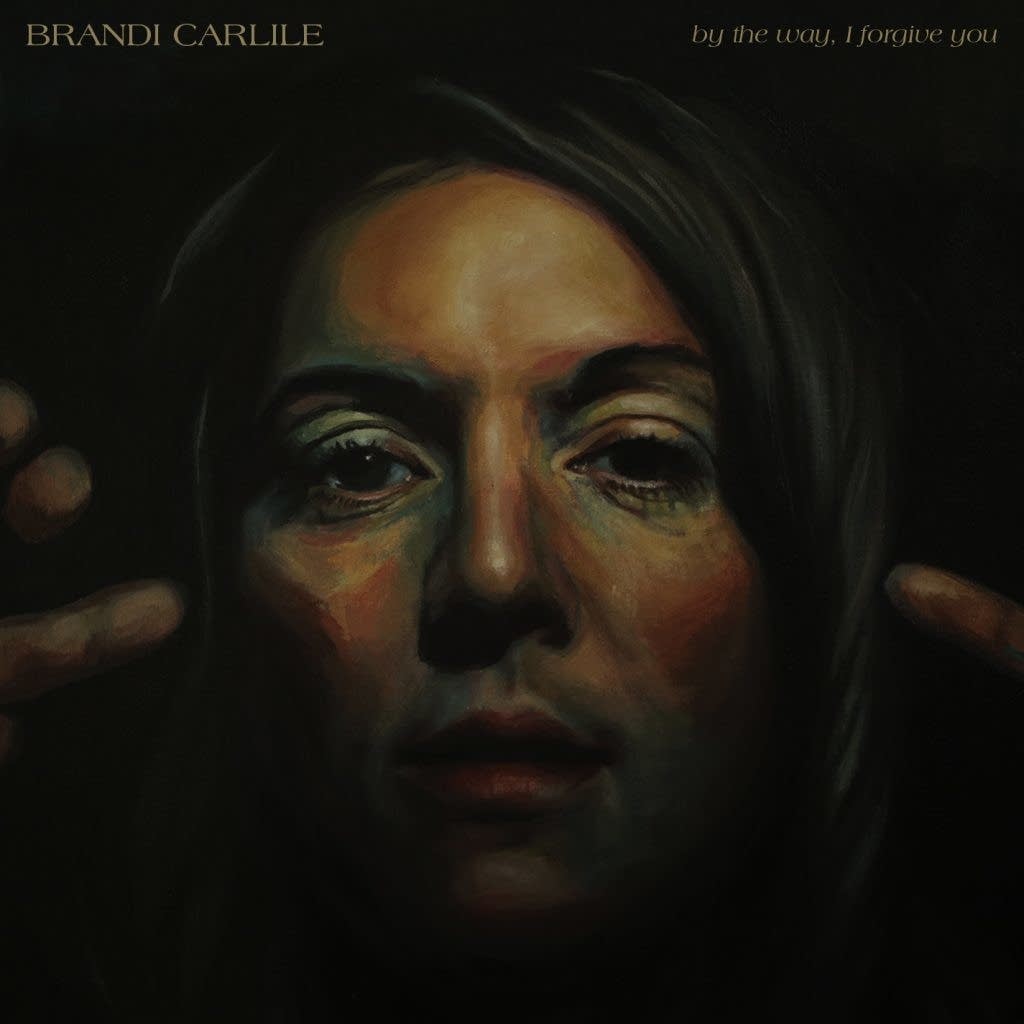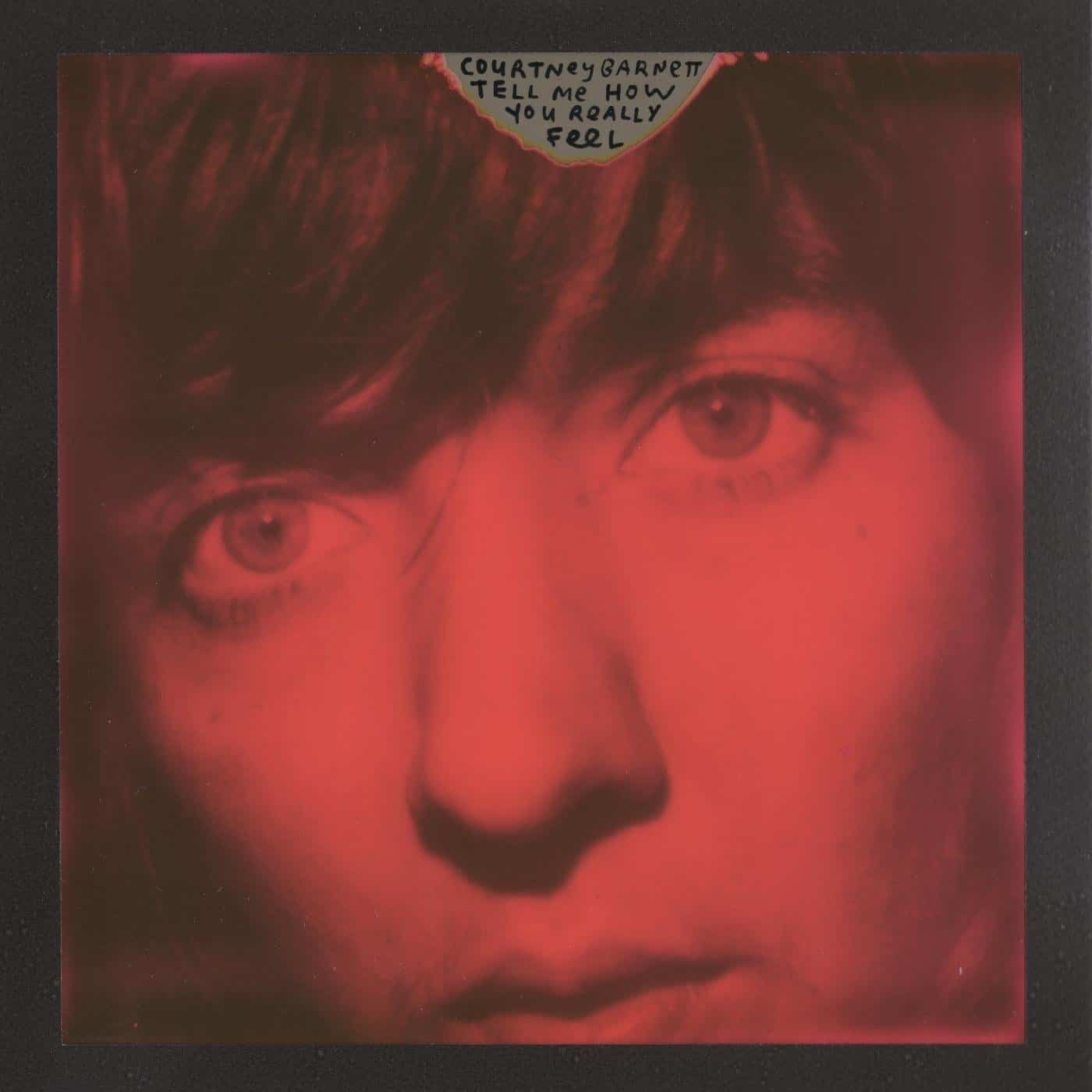Marketplace
2018 Sacred Bones Records PRESSING
- Catalog Number SBR-208
- Release Year 2018
- Vinyl Mastering Engineer Heba Kadry
- Pressing Weight Regular Weight
- Vinyl Color Dove and Crow
- Jacket Style Single
When listening to this album I think of this band or music:
One, perhaps, should look at the company Marissa Nadler keeps in order to get a grasp of her enveloping, engrossing take on American folk. For My Crimes, the eighth full-length from the East Coast singer/songwriter now in her late 30s, is her third issued by Sacred Bones Records. The New York imprint remains home to such releases and artists as the soundtrack to the latest Halloween, frequent David Lynch collaborator Julee Cruise, and the moody, atmospheric menace Zola Jesus. Such reference points may conjure darkness and apprehension, and yes, For My Crimes carries a forbidding air. Yet what makes Nadler’s American Gothic tales so inviting relates to how she personalizes them, using bare, echo-prone arrangements to contrast with emotions brimming with life. She writes not of dramatic situations, but of the torment of characters who have lived through them and continue to be defined by them. “You said I live for tragedy,” Nadler sings amid the exposed strumming of “All Out of Catastrophes,” and then closes the couplet with, “so I threw the keys at your head.”
Music from this album would be a great soundtrack to this movie:
Generally singing in a soft, classically inspired mezzo-soprano voice that never overly emphasizes the passion or sentiment of the songs, Nadler tends to get described as angelic or ethereal. Apt, of course, but For My Crimes ultimately feels somewhat ghostly, with the artist recounting the moments and decisions that haunt its participants. Think, then, of a psychological thriller such as Gone Girl. Director David Fincher comes from the Lynch school, but the movie presents a modern, palatable take on it, going for straightforwardness rather than ambiguity. There’s no need, for instance, to add more mystery or fear to Nadler’s fragile “You’re Only Harmless in Your Sleep.” It’s already all present in the title and Nadler’s delicate vocals.
For My Crimes opens with the title track, a murder ballad that, as it unfolds, offers numerous twists and turns. The reveal ultimately serve to take us further and further away from the crime in question. We likely go in expecting tragedy, but by the time the four-minute song finishes, we are left only with heartbreak.
The scene appears to point towards death row, and while Nadler channels the sense of empathy present in the 1995 film Dead Man Walking, her tool is scarcity—coming in the forms of a slowly, meticulously plucked guitar and careful, gentle phrasing. “Please don’t remember me for my crimes,” she sings, putting herself inside the mind of someone who did something “terrible,” although Nadler never names what. She captures the thoughts racing through someone’s head—laughter, red wine—and grapples with the idea that someone evil wasn’t always so. No matter how dark Nadler gets on For My Crimes, she always searches for a sense of humanity.
Some scars in her narratives reveal a violent nature, but many are of an emotional sort. As a whole, the 11 tracks largely deal with the fallout from mistakes—some our own and some inflicted upon the narrators by others. “I Can’t Listen to Gene Clark Anymore” ruminates on the wounds of a past relationship. But give it a close listen—and all the material here deserves one—and hear faint, almost island-like sounds, as if a fraction of the dream remains alive. “Are You Really Gonna Move to the South” paints a portrait of lovers out of sync, complete with heartachingly sad harmonies in the chorus, while “Interlocking” explores toxicity and how it can attract despite an innate desire to run from it. “Is it just the memories that keep me planted here?” Nadler asks.
Throughout the album, recorded in Los Angeles with Lawrence Rothman and Justin Raisen, ominous bass notes and disquieting harp sounds appear like apparitions around a soft guitar. The compositional approach reflects that of the lyrics, where one’s remembrances, whether conjured by an old car or triggered by the sound of a ringing phone, remain on the periphery to play tricks on the mind.
Purchased at retail, our review LP is unfortunately the “Dove and Crow” limited colored vinyl. The ethereal soundscapes lack instrumental definition and tonality, but are evocative nonetheless—a style that matches the substance of the art. While relatively flat, the LP is also saddled by a low-level crackle that persists throughout most of the album, which, given the quiet and hypnotic nature of the music, becomes extremely distracting. A few songs on the second side are noticeably quieter—making for a striking contrast and big improvement. We hope to acquire a black-vinyl version and post a follow-up. Stay tuned.
For My Crimes


 3
3





